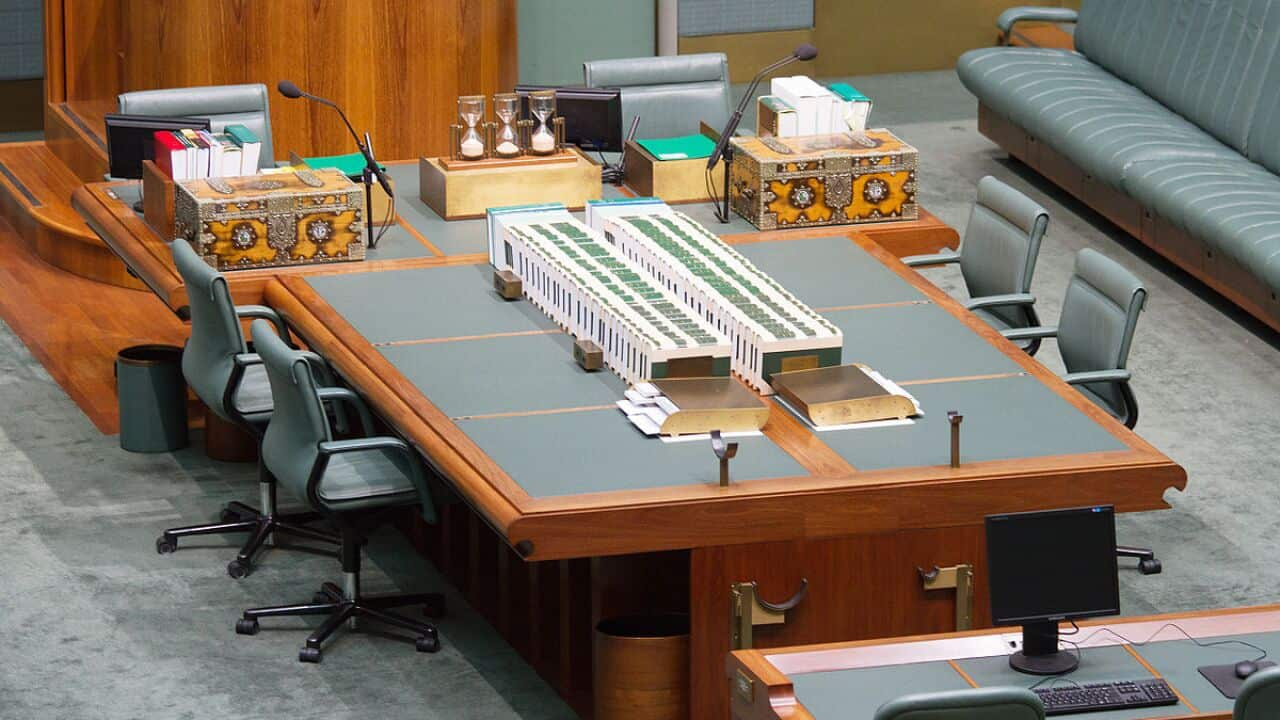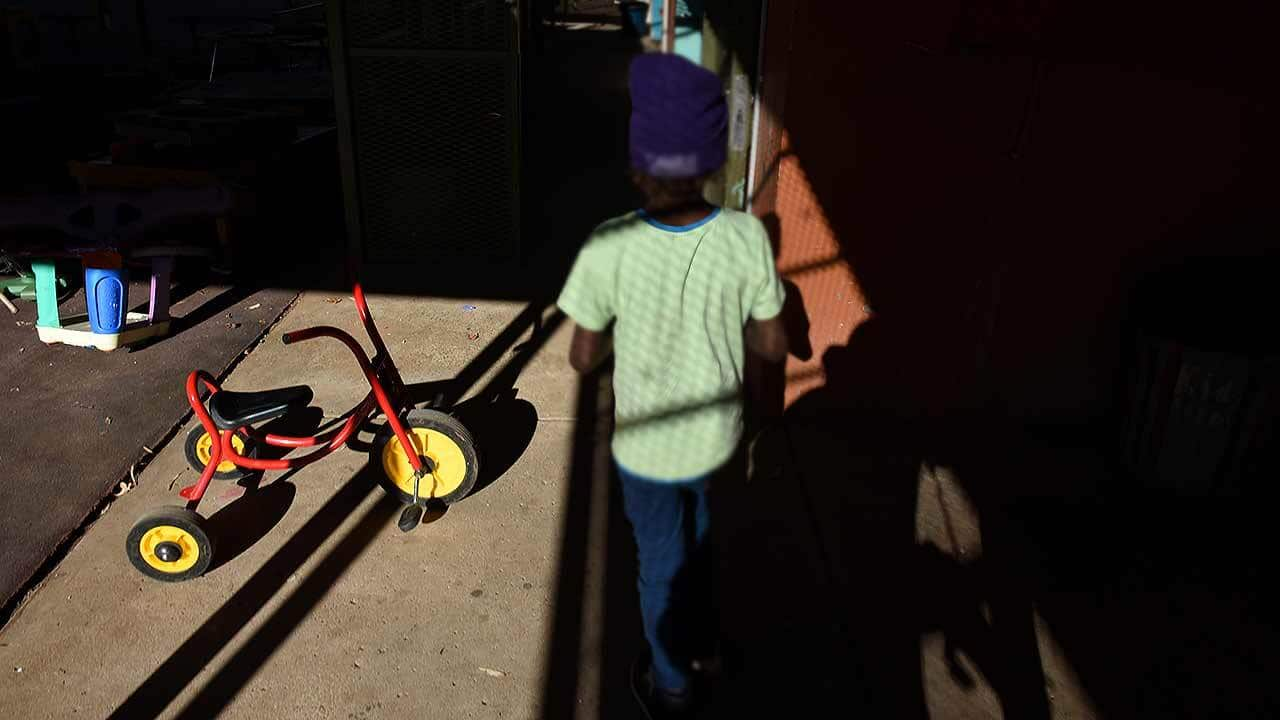The was a powerful step forward for Australia, and I respect those involved in the process that led to this historic declaration on 27 May 2017, the day of the 50th anniversary of the , marking a new chapter in our country’s ongoing journey.
I am Aboriginal through my mother; my father came to this country from England as a child. I am deeply proud of my heritage and my culture. I raise my sons to also be proud of who they are.
Australians come from different places with different stories and that is what makes our country so unique. Being of European descent in Australia is easy, as it's considered normal. It is the heritage of every prime minister Australia has ever had, and the vast majority of Australian politicians today and throughout our history.
Being Aboriginal in Australia however, is not easy. In our own land, we have to justify to newcomers our ancient history of thousands of years, just to gain rights to lands we never ceded. We have to justify our Indigeneity, based on non-Indigenous ideas of who we are, what we look like, and how our families have survived. I often am asked to explain why I identify as Aboriginal, as if it were a choice just because of my skin colour. Aboriginal people, the First Peoples of Australia, are a minority in this land.
As a mother, I often think of the future Australia my sons will live in. I hope - I want - to see meaningful change for Aboriginal and Torres Strait Islander peoples. Real change that gives us the ability to make our own decisions, for our own futures. It is long overdue. I believe the voice of our First Nations peoples must be enshrined in our constitutional arrangements. For too long Indigenous Australian voices have not been heard, and have only been consulted when and how it suits non-Indigenous Australians. As an Aboriginal academic, I have been engaged in the conversation about how best we might ensure the voice of Indigenous Australia is secured in national politics. I am perplexed that so little discussion has occurred around having dedicated seats for Indigenous Australians in the Federal parliament, when other Indigenous peoples abroad have successfully gained a voice in their national political institutions.
As an Aboriginal academic, I have been engaged in the conversation about how best we might ensure the voice of Indigenous Australia is secured in national politics. I am perplexed that so little discussion has occurred around having dedicated seats for Indigenous Australians in the Federal parliament, when other Indigenous peoples abroad have successfully gained a voice in their national political institutions.

Jessa Rodgers, an Aboriginal academic with a background in education. Source: Supplied
I am perplexed that so little discussion has occurred around having dedicated seats for Indigenous Australians in the Federal parliament, when other Indigenous peoples abroad have successfully gained a voice in their national political institutions.
Our neighbours in New Zealand have had dedicated electoral seats for Māori in their parliament for 150 years. These seven seats guarantee Māori people a voice at the centre of political decision making. New Zealand had its first Māori Minister 100 years ago, and has had Māori members of Cabinet in almost every government since. While there are now also a number of Māori people in general seats, for many decades the only Māori voice was through the dedicated Māori seats. Having dedicated seats for Indigenous Australians in our parliament is a worthy consideration. While we have currently, dedicated seats would guarantee our continued voice.
Related Reading

How do Indigenous rights compare to those of Maori?
In New Zealand, Māori people must choose whether they enrol on a Māori electoral roll, or a general electoral roll. They do not get an extra vote. With our smaller proportion of the population (around 4 per cent compared with Māori at around 16 per cent) this would have limited effect. Another option in Australia could be an allocation of a number of seats for Indigenous Australians in both the Senate, and House of Representatives. Any questions around (dis)proportionality should be considered in view of our current system which, for example, allows Tasmania the same number of senators as New South Wales, a state with more than ten times its population.
What the Uluru Statement From the Heart tells our nation is that Aboriginal and Torres Strait Islander voices need to be heard. Our peoples are not interested in mere symbolic recognition of our presence - we want meaningful change that will allow us, and our children, a true voice in our own country. There are many paths forward. Dedicated seats in the Federal parliament is one we should carefully consider.
Jessa Rogers is an Aboriginal woman who is currently a Fulbright Scholar and Assistant Professor at the University of Canberra.















